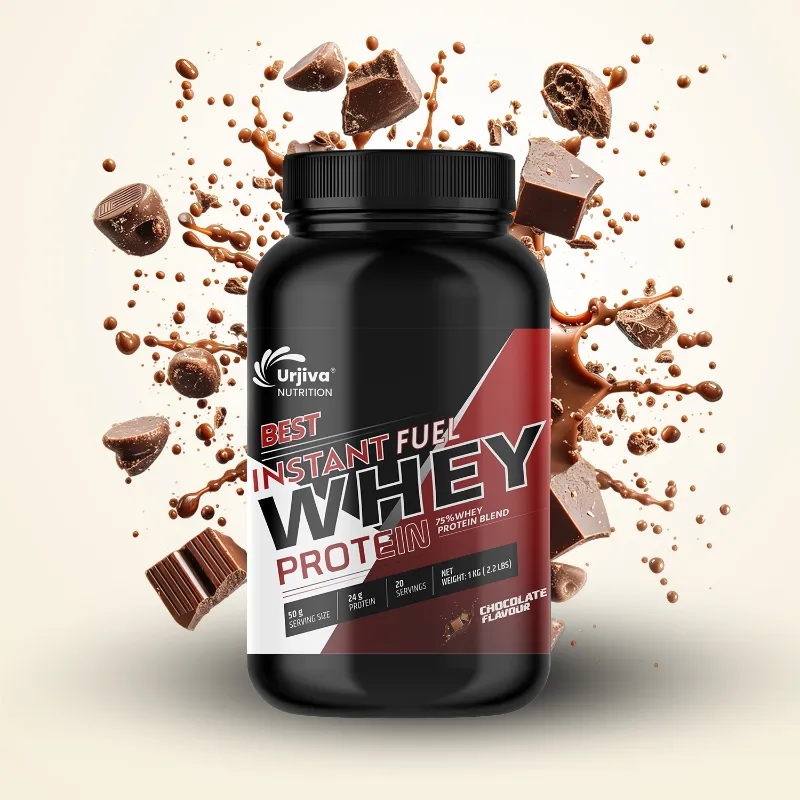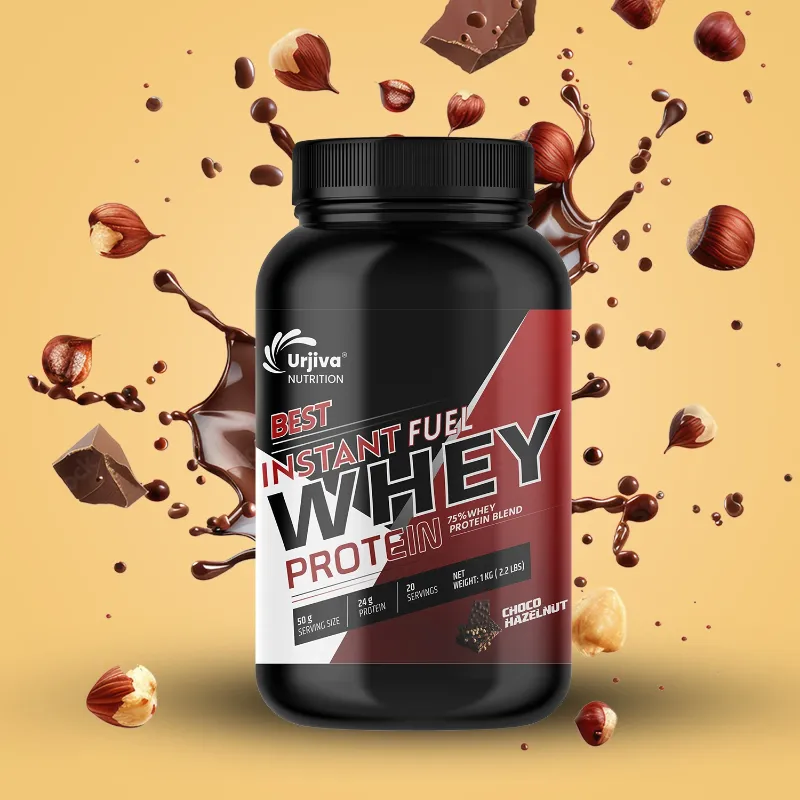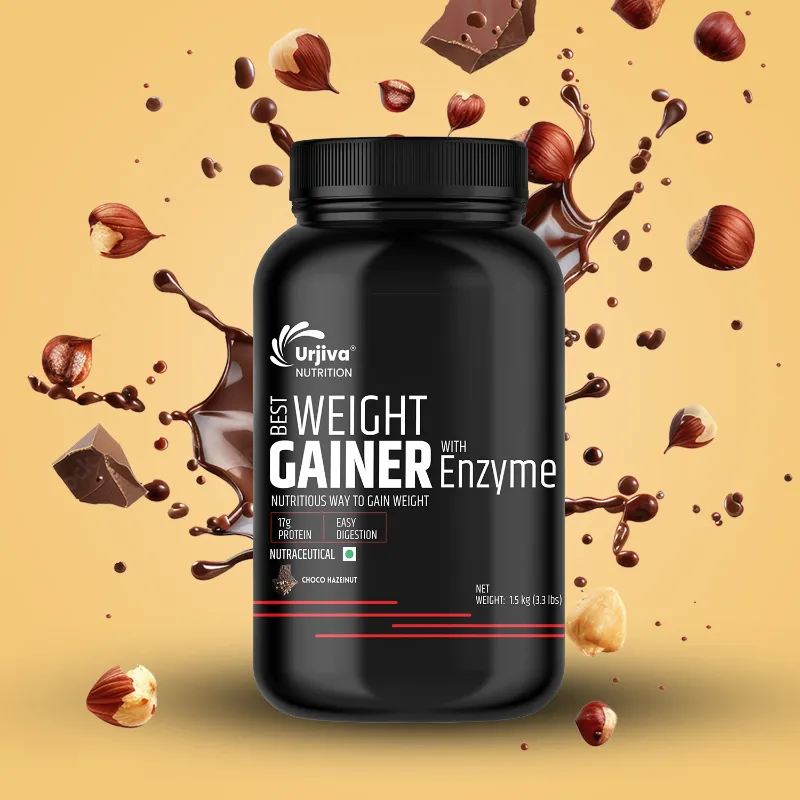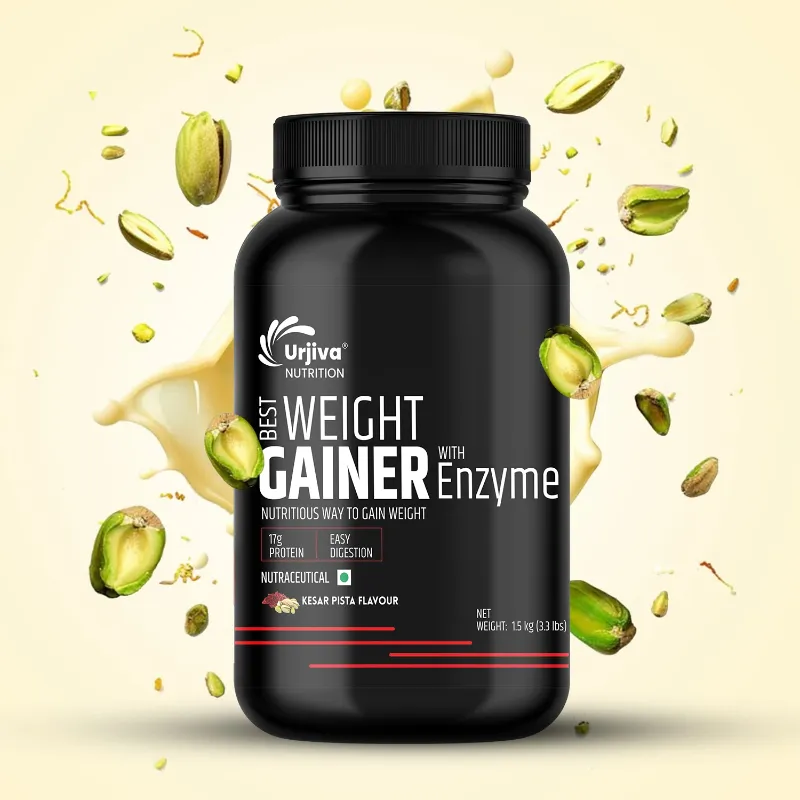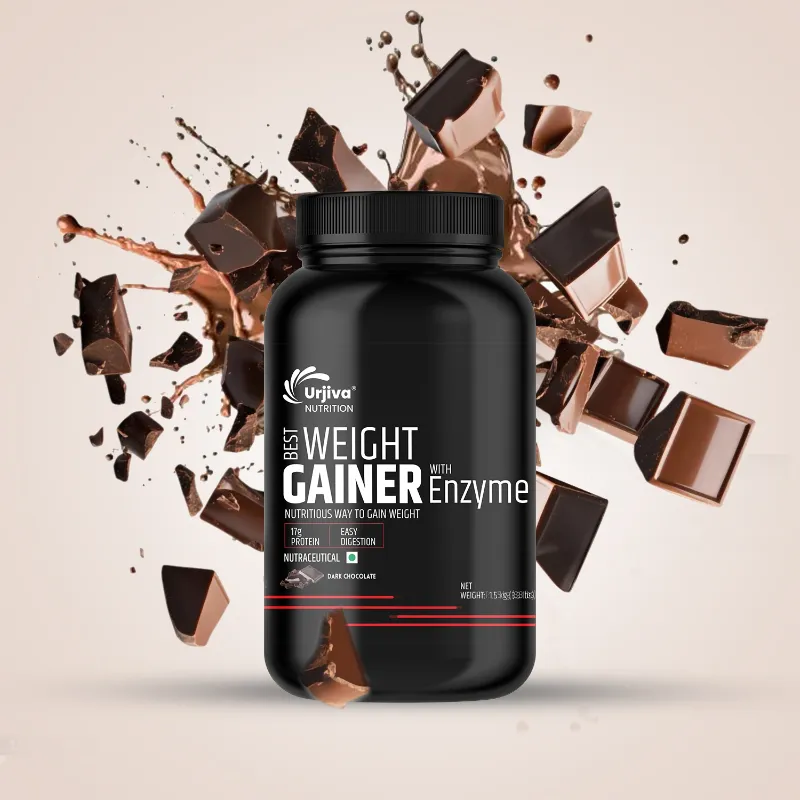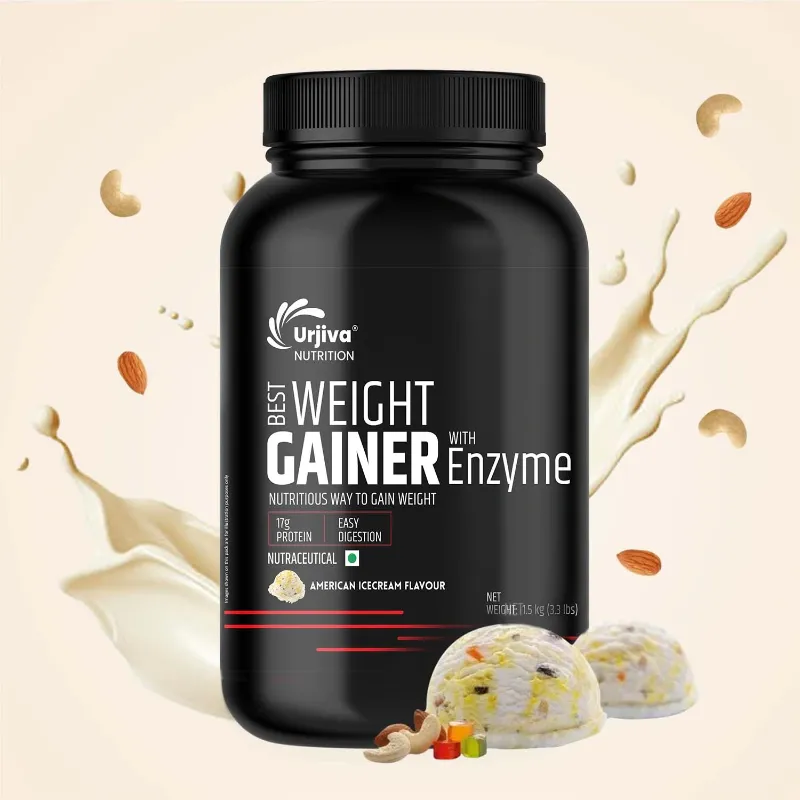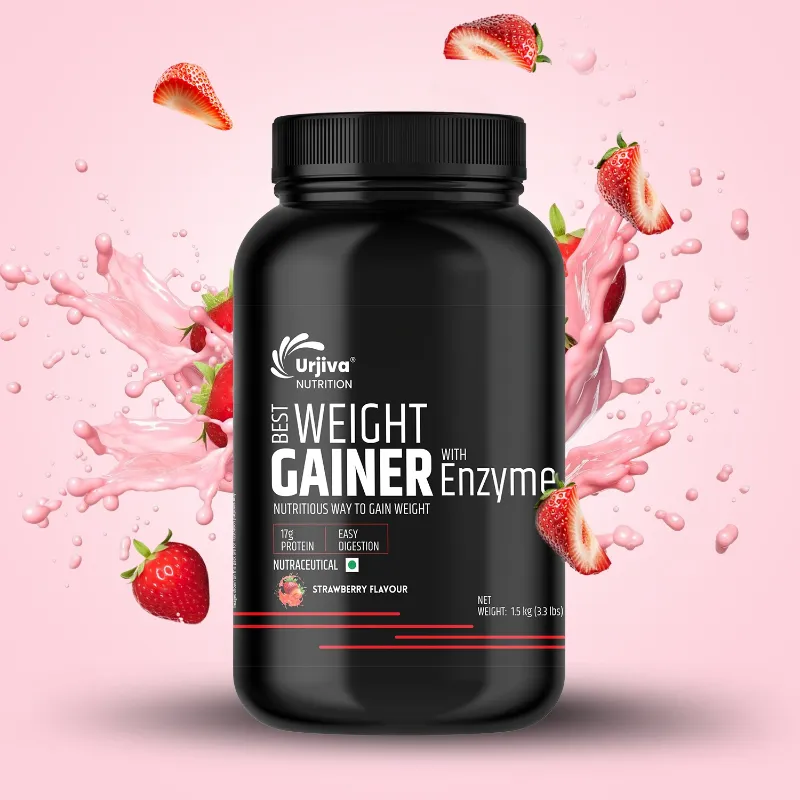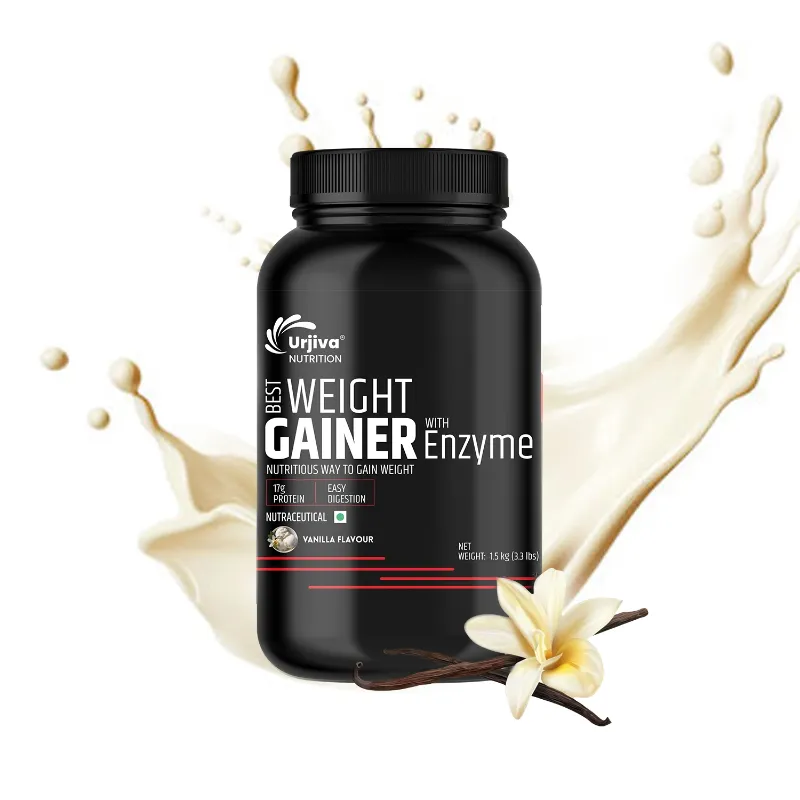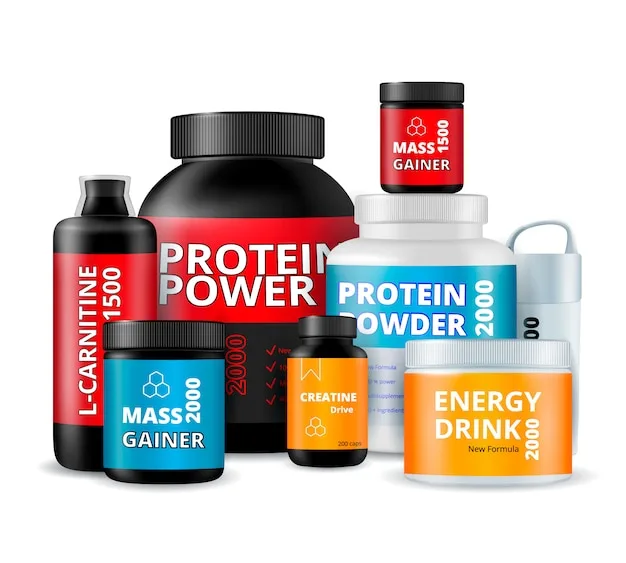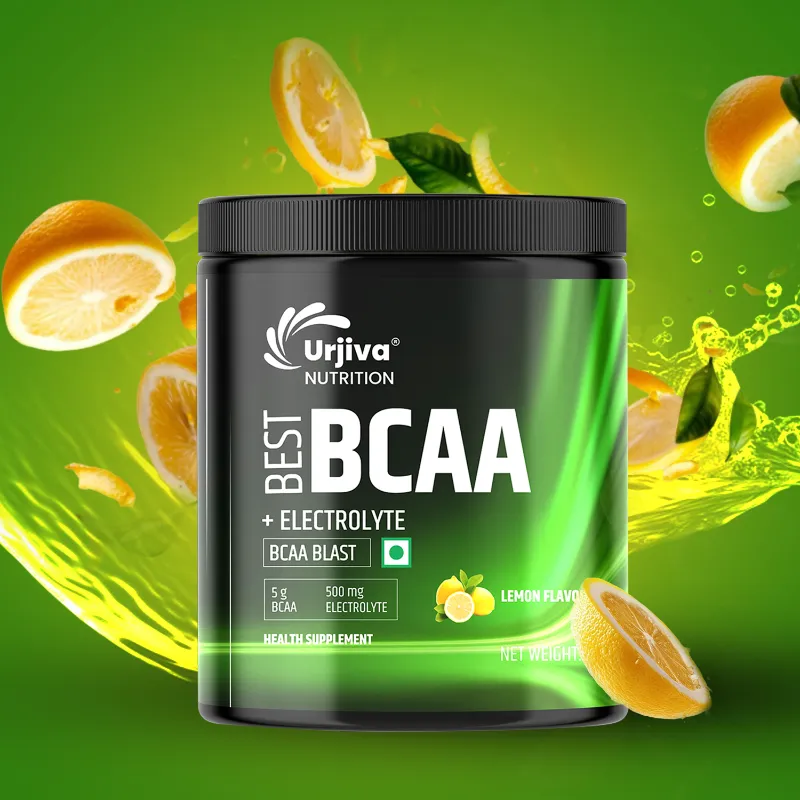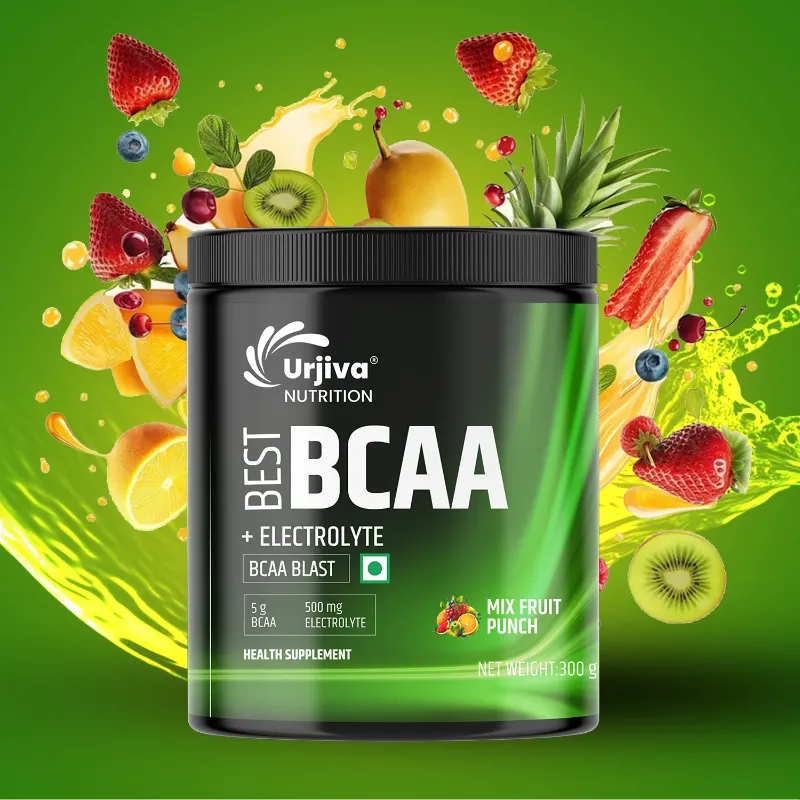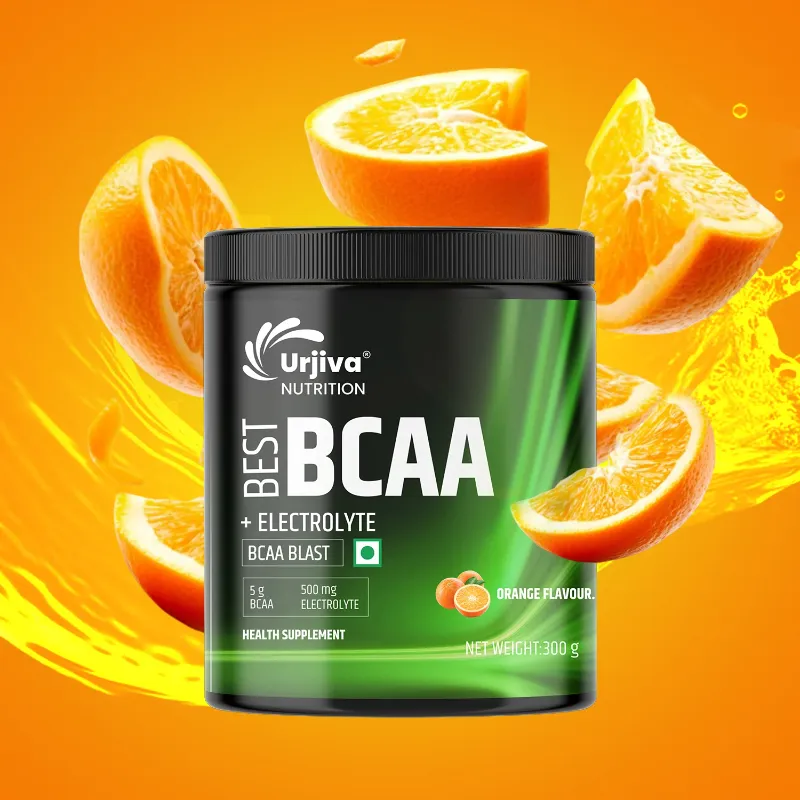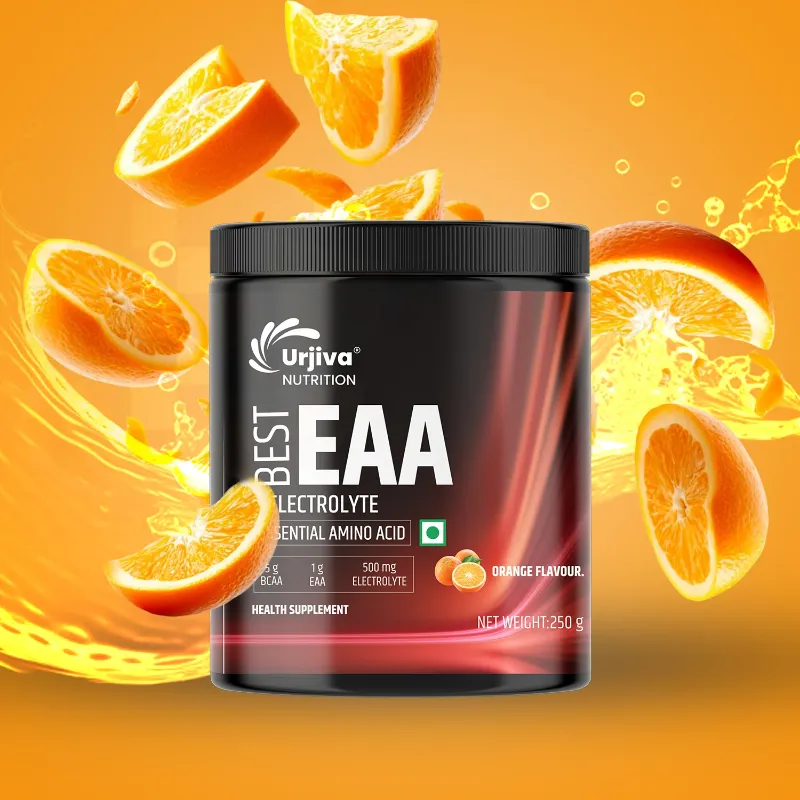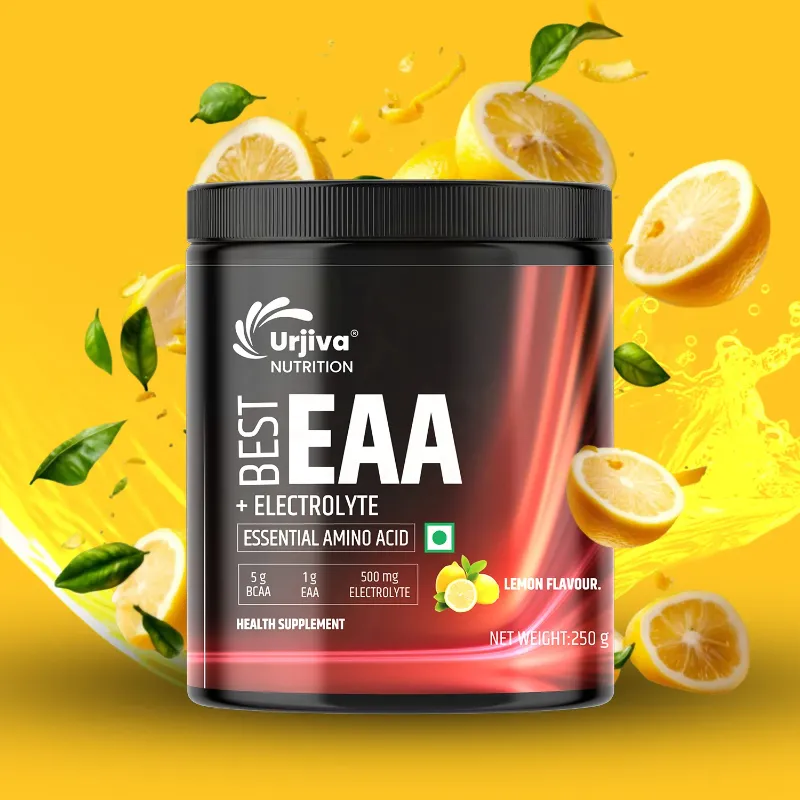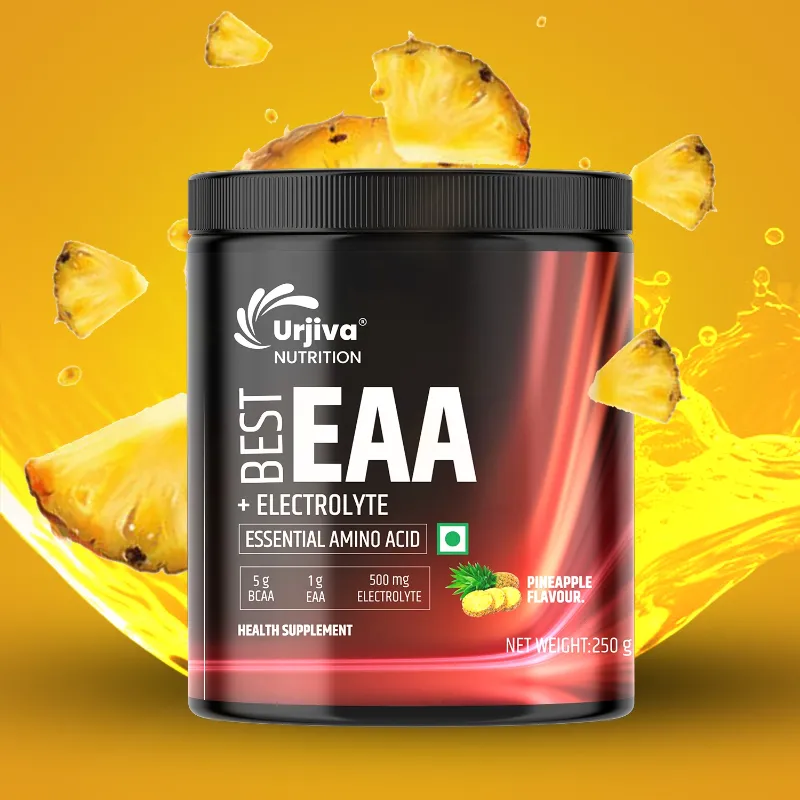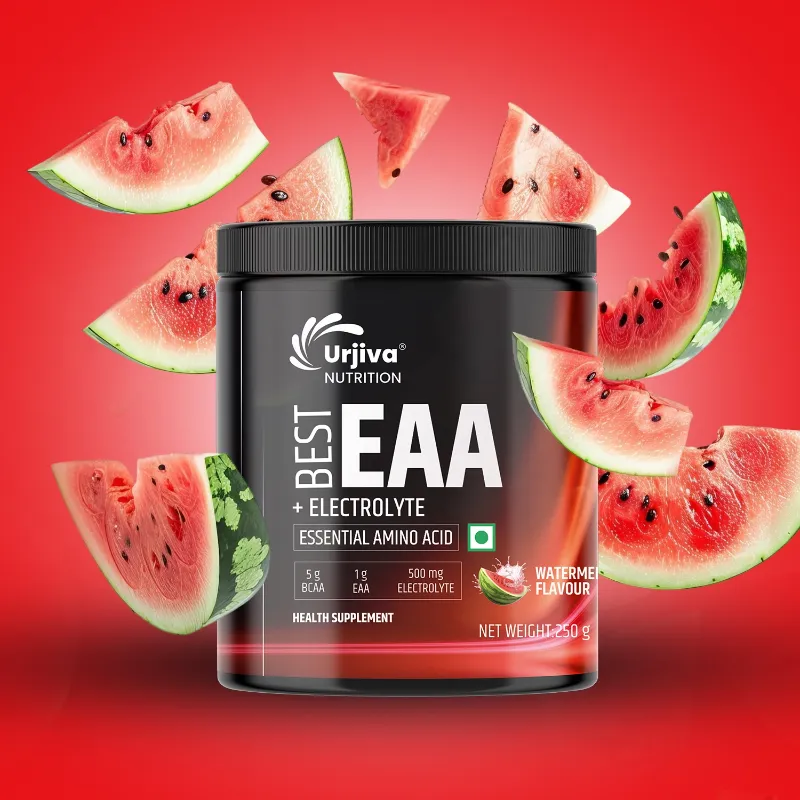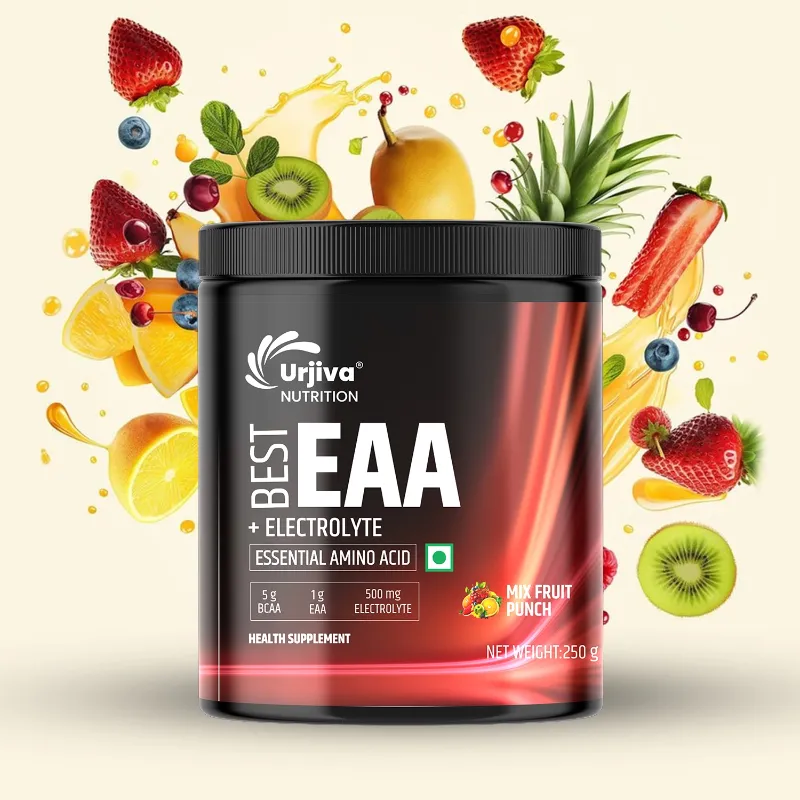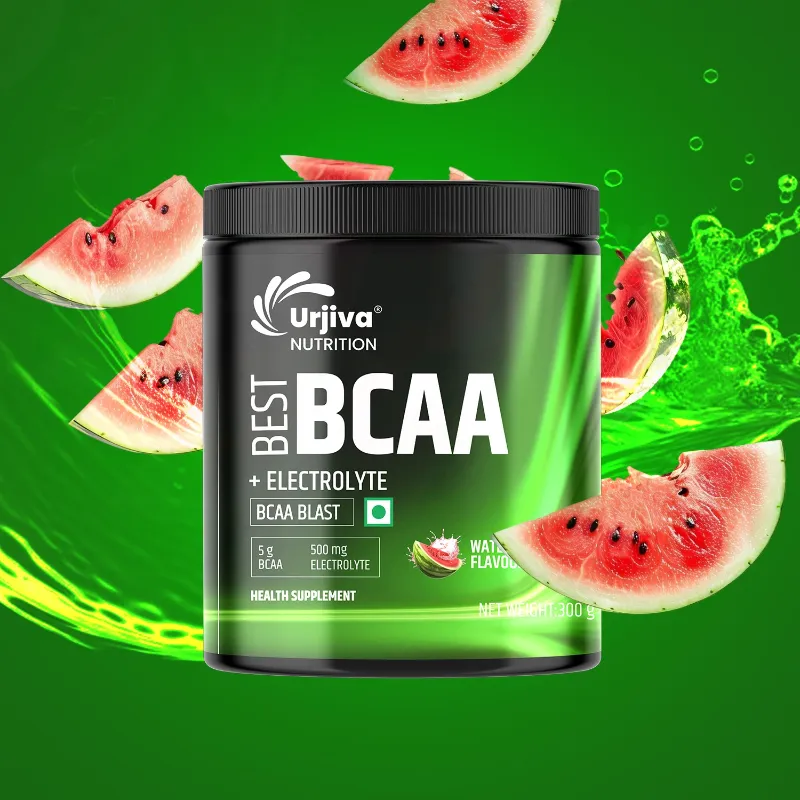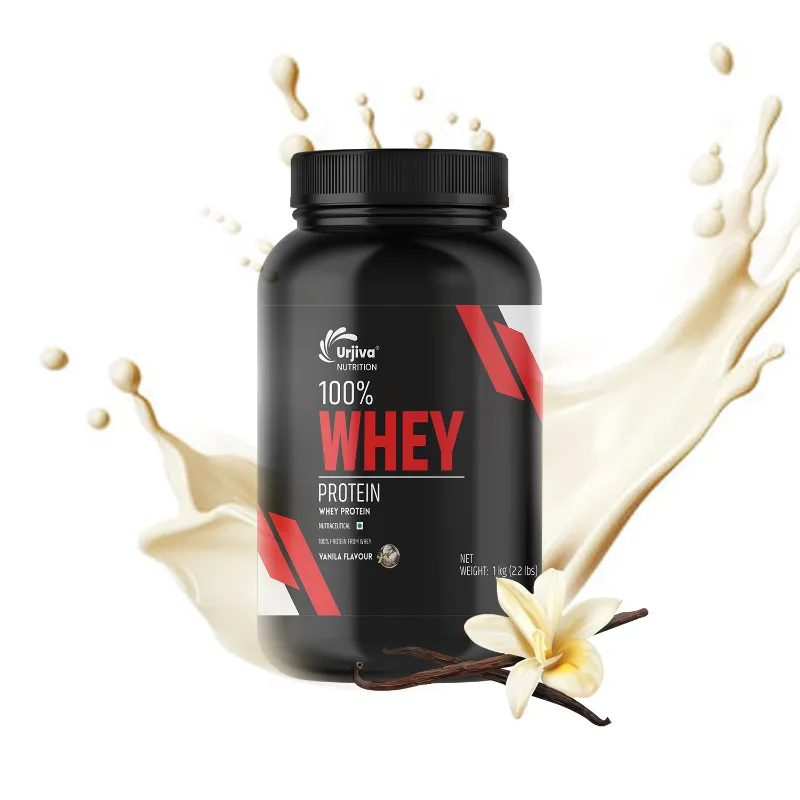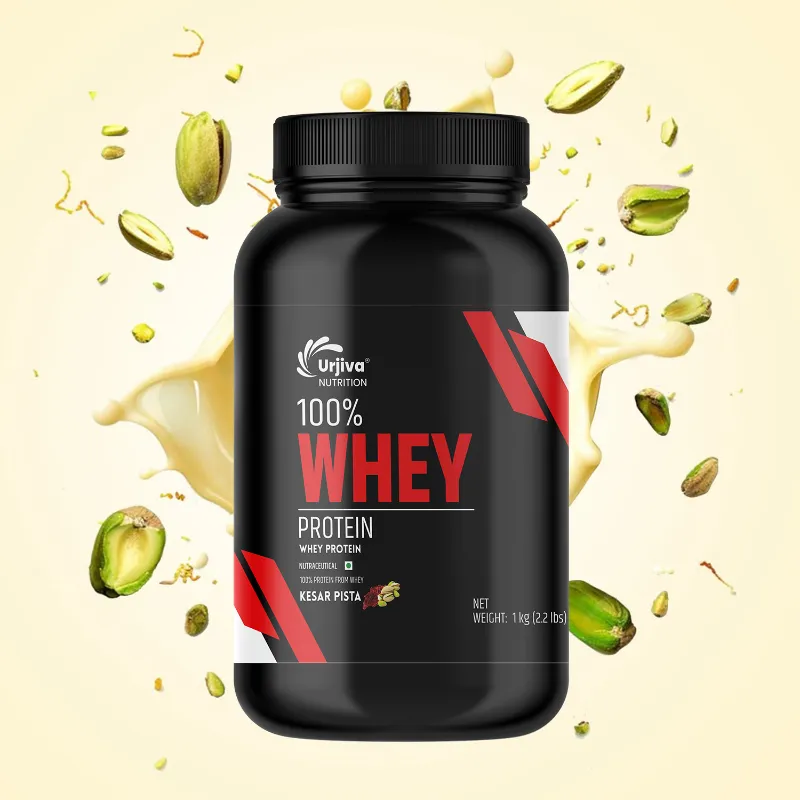Navigating gym supplements can be tricky, especially if you have specific dietary needs. For those with dietary restrictions—whether due to health, lifestyle, or ethical choices—the question arises: are supplements suitable and safe? Fortunately, many brands have introduced specialized formulations to address these needs. Here’s a guide to help you understand what to look for in a supplement that aligns with dietary restrictions, so you can support your fitness journey effectively.
Understanding Dietary Restrictions and Supplements
Dietary restrictions often mean avoiding specific ingredients like gluten, dairy, animal products, or artificial additives. As the fitness world becomes more inclusive, there’s been a push to create supplements that are compatible with various dietary needs. Brands like Urjiva Nutrition offer formulations that address these preferences, making it easier for everyone to find products that work for them.
1. Plant-Based and Vegan Supplements
For those who follow a vegan or vegetarian lifestyle, plant-based supplements have become popular alternatives to traditional products. Instead of using animal-based proteins like whey, these products rely on protein sources such as pea, brown rice, or hemp. Not only do these plant-based supplements support muscle growth, but they also meet the needs of vegans and vegetarians looking to build strength without compromising their beliefs. Many brands are now labeling their products as vegan to make it easier to identify suitable options.
2. Gluten-Free Supplements
People with gluten intolerance or celiac disease should avoid supplements containing gluten-based fillers or additives. Gluten-free supplements, such as those labeled by Urjiva Nutrition, are crafted with alternative binders and ingredients that help ensure safe consumption. It’s also helpful to check if the product is certified gluten-free, as this indicates it’s been tested and confirmed as safe for gluten-intolerant individuals.
3. Lactose-Free and Dairy-Free Options
Dairy intolerance is common, so finding supplements free from lactose is essential for those sensitive to it. While whey protein is derived from milk, lactose-free and plant-based proteins are great alternatives. Supplements containing whey protein isolate also often have lower lactose levels, which can be more tolerable for some people. Other options include supplements with plant proteins or those specifically labeled as lactose-free.
4. Sugar-Free or Low-Sugar Supplements
Many fitness supplements contain added sugars to improve flavor. However, for individuals with blood sugar concerns or those on a low-carb diet, this can be a dealbreaker. Look for options that are low in sugar or use natural sweeteners like stevia or monk fruit. Sugar-free supplements help you manage your intake while staying on track with your fitness goals.
5. Allergen-Free Options
Supplements may contain allergens like soy, nuts, or shellfish. If you have allergies, check the labels thoroughly and look for allergen-free certifications. Reputable brands often label allergens prominently and may even have facilities designed to prevent cross-contamination.
Benefits of Choosing Supplements That Align with Dietary Needs
- Enhanced Workout Results: When you choose supplements that work with your body’s needs, you’ll experience better energy levels, muscle recovery, and overall effectiveness.
- Improved Digestive Health: Consuming products that are free of irritants or allergens reduces the risk of digestive discomfort, making it easier to stick to your supplement routine.
- Ethical and Health Considerations: Many people prefer to consume products that align with their values, such as veganism or sustainable sourcing. Supplements that meet these standards add peace of mind to your health regimen.
Why Urjiva Nutrition is a Great Choice
Brands like Urjiva Nutrition cater to a range of dietary needs with supplements crafted to support fitness and health goals without compromising on quality. Whether you need plant-based, lactose-free, or allergen-free options, Urjiva has products designed with these preferences in mind.
Conclusion
Gym supplements can absolutely be suitable for people with dietary restrictions if chosen carefully. By selecting products that match your specific needs—whether gluten-free, vegan, or allergen-free—you’re more likely to experience positive outcomes without any adverse effects. Always read labels carefully, choose reputable brands, and consult a health professional if needed to ensure your supplements align with both your fitness goals and dietary preferences.

